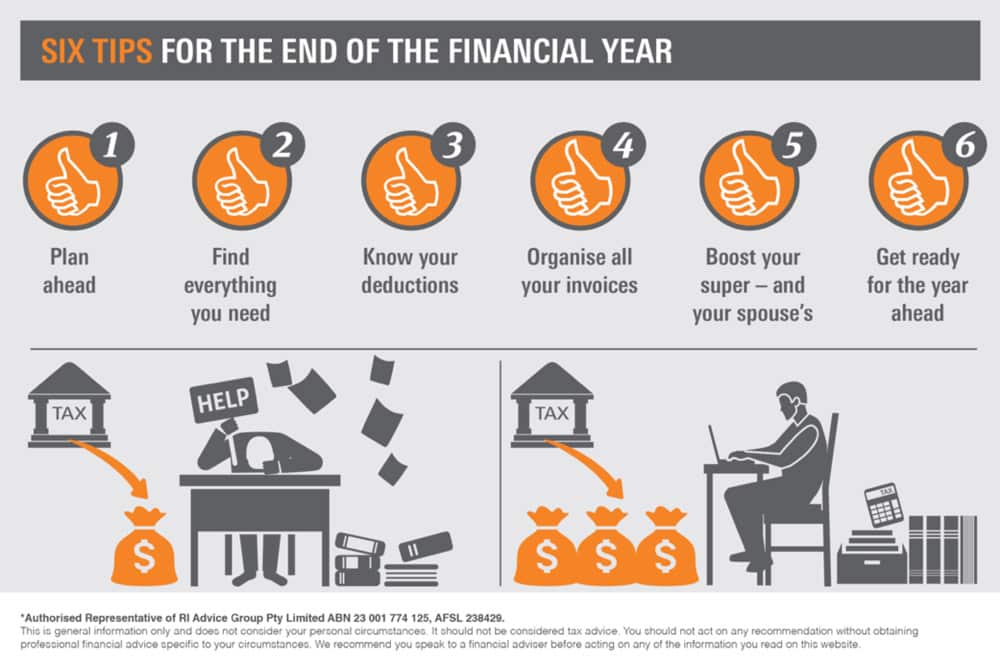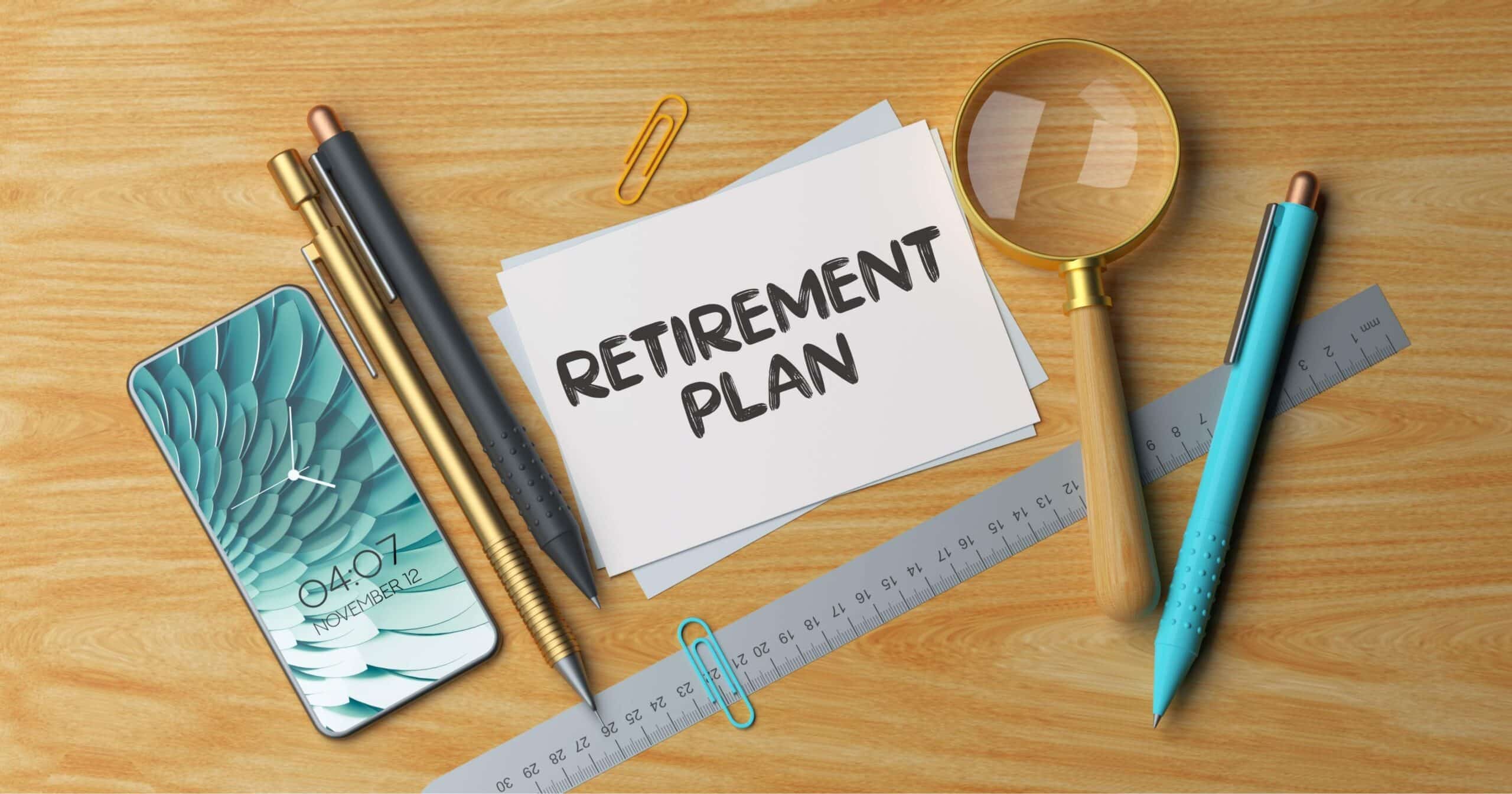Managing your finances should always be done as early as possible, whether you're a student,…
Six Tips For The End Of The Financial Year
Organising your finances in advance means you can not only save yourself last-minute stress before your tax return is due but you could even increase what you get back.
You can take the pain out of the end of the financial year by being organised. With enough preparation, you can make lodging your tax return a painless process and maybe even increase your refund!
1.Plan Ahead
Decide when and how you will lodge your tax return. Will you do it online or ask your accountant? Your choice may depend on the complexity of your affairs but whichever option you choose you will need to allocate time in advance.
2. Find Everything You Need
Often the most challenging part of lodging your tax return is finding all the paperwork. It pays to keep your tax information together through the year, including receipts and bank and credit card statements. You’ll also need your payment summaries, records of interest, details of any foreign pensions, your spouse’s income details, school fees and other records if you have investments or rental properties. You can see the complete list on the ATO website.
3. Know Your Deductions
Many people don’t realise what you can claim a tax deduction on. From dry-cleaning to bushfire donations, knowing what expenses are tax-deductible may increase your tax refund significantly. Typical deductions include work-related training or courses, uniform costs and office expenses.
The ATO website has a useful list of deductible expenses. If you want to get ahead, you could even purchase deductible items for next year before June 30 so they’re deductible against this year’s income.
4. Organise All Your Invoices
Now is a good time to issue any last-minute invoices and make sure you don’t have any overdue
for payment by June 30.
5. Boost Your Super – And Your Spouse’s
By sacrificing some of your pre-tax salary throughout the financial year, you can increase your super savings but also reduce your taxable income. Salary sacrifice contributions are taxed at a maximum rate of 15 per cent , which may be less than your marginal rate. Also, contributing to your spouse’s super will boost their super savings and you may be entitled to a tax offset if your spouse earns less than $13,800.
6. Get Ready For The Year Ahead
The end of the financial year is a great opportunity to understand your finances. After lodging your return you should be well equipped to plan for the next financial year. Start thinking about how you can improve your budget or if you have the funds to invest in shares or properties.
By following these tips, speaking to Newcastle Financial Planning Group and conducting your own research, you should be ready to transition easily into the new financial year.





